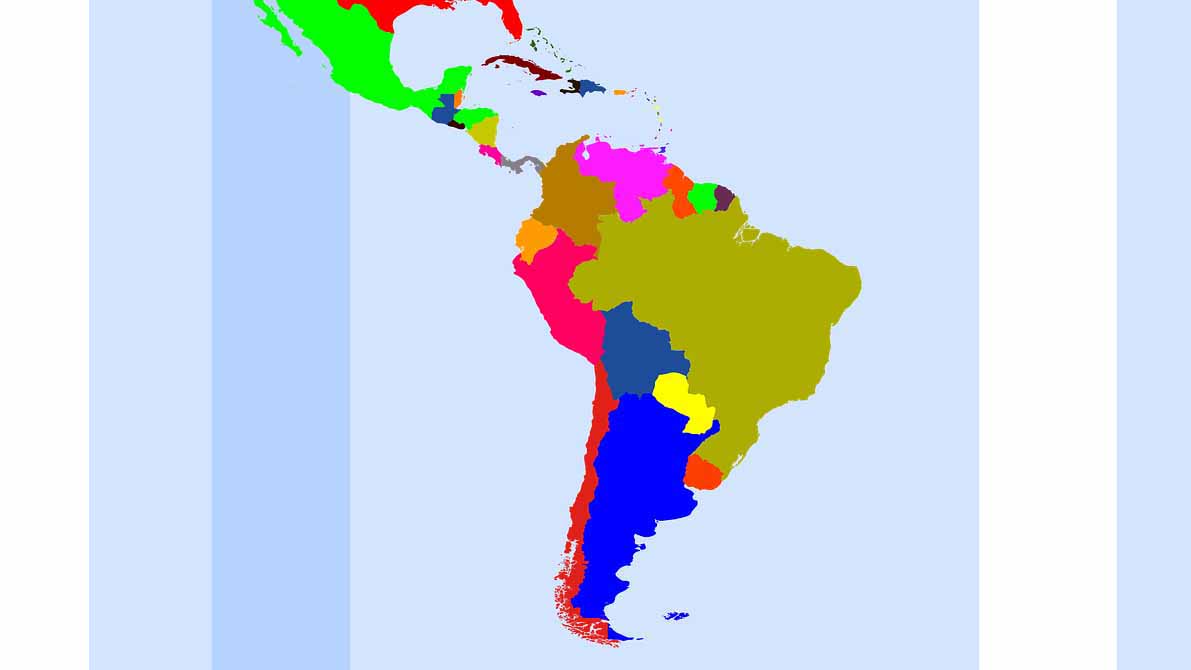
Latin American and Carribean countries need to find consensus on a regional representative to lead the Inter-American Development Bank to counter US efforts to appoint its own candidate.
Over the last six decades, the Inter-American Development Bank (IDB) has played an important role across Latin America and the Caribbean.
It has supported the economic development of a region that has endured numerous economic and political crises and has often struggled to attract foreign investment.
The IDB has financed infrastructure, health and education projects to the tune of $12bn a year; reduced risks for banks and investors in the region; created a hub for digital innovation; promoted renewable energy projects; and launched new investment products such as gender bonds, among other initiatives.
The IDB has helped bring Latin America and the Caribbean together. It has connected the region with interested counterparts through its annual gathering and the triannual CEO Summit of the Americas – which it organises and runs alongside the heads of states gathering (which was the backdrop to the historic meeting between former US president Barack Obama and Cuba’s Raúl Castro in 2015).
The bank should remain under Latin American leadership when its current president, Luis Alberto Moreno, steps down in September.
The US, the IDB member with the largest voting rights, does not seem to agree and has put forward its own candidate: Mauricio Claver-Carone, the National Security Council's senior director for western hemisphere affairs.
Traditionally, the IDB president’s nomination comes from a Latin American country and the US proposes their second in command.
Mr Moreno had previously turned down Mr Claver-Carone as the bank’s next vice president. The US, however, is redoubling efforts to secure the top job, promising it will help inject fresh capital into the organisation. Many in Latin America see it differently.
Under President Donald Trump, the US has resurrected the 200-year old Monroe Doctrine – which states the US cannot tolerate external influence in its ‘backyard’ – amid wider concerns about Chinese meddling. Former secretary of state Rex Tillerson praised the doctrine in 2018.
In 2019, Mr Trump’s administration officially complained about the decision to hold the IDB annual meeting in China. The event was subsequently cancelled because of Beijing's refusal to allow Venezuelan opposition leader Juan Guaidó to attend, amid reports of US pressure to cancel the gathering.
Publicly and privately, senior US officials have made their views on China’s presence in Latin America clear.
The IDB would benefit from new policies, starting with a more frequent change of leadership, which Mr Claver-Carone has suggested (since it was founded in 1959, the development bank has only had four presidents).
And greater US investment would benefit the region, particularly now, with Covid-19 condemning it to a brutal recession. But it is hard to justify why the US should lead an organisation created to support its southern neighbour.
If Latin American and the Caribbean countries do not gather behind an alternative, credible candidate, however, that is just what is going to happen.


